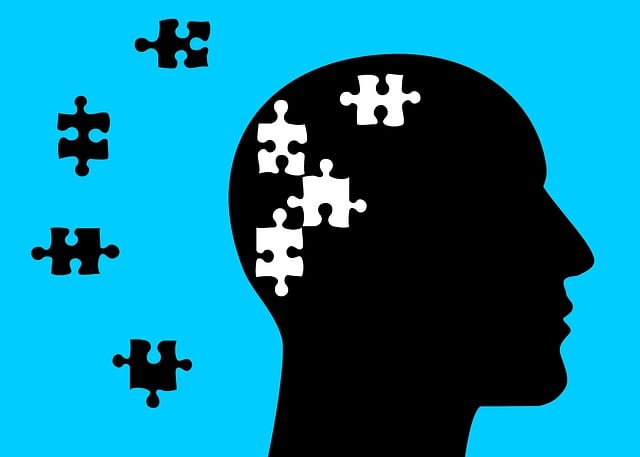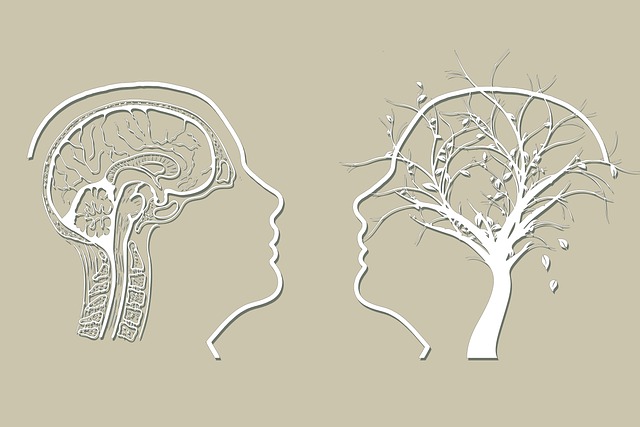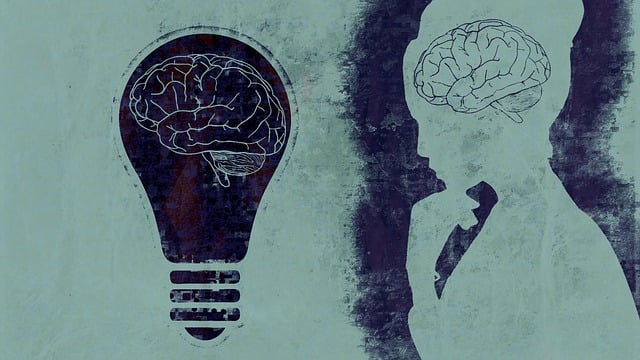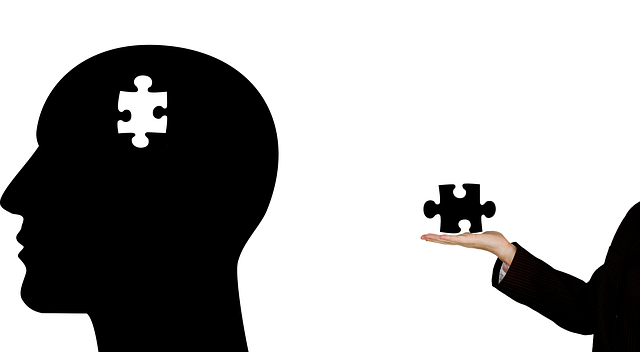Young adults face unique pressures from academics, careers, and relationships, leading to stress, anxiety, and depression. Traditional therapy may not meet their needs. Mental Wellness Coaching offers a game-changing approach using Mind Over Matter principles to prevent burnout and equip young adults with tools for healthy relationships and mental wellness. This proactive method incorporates conflict resolution, self-awareness exercises, mental health education, and risk assessment to create safe spaces for exploration and skill development, addressing interpersonal issues effectively.
Mental wellness coaching programs are gaining traction as essential tools for supporting young adults grappling with interpersonal issues. This article delves into the critical need for such initiatives, offering a comprehensive guide on designing effective therapy programs tailored to address common mental health challenges among this demographic. We explore key components of a robust curriculum and practical implementation strategies to ensure sustained success in fostering resilience and well-being among young adults. By focusing on interpersonal issues, we aim to equip individuals with skills to navigate relationships and thrive.
- Understanding the Need for Mental Wellness Coaching in Young Adults
- Designing Effective Therapy Programs for Interpersonal Issues
- Key Components of a Comprehensive Coaching Curriculum
- Implementation and Support Strategies for Sustained Success
Understanding the Need for Mental Wellness Coaching in Young Adults

In today’s fast-paced world, young adults often face unique challenges that can significantly impact their mental wellness. The pressures of academic and professional expectations, coupled with navigating interpersonal relationships and a constantly evolving digital landscape, create a complex environment where stress, anxiety, and depression can thrive. Traditional therapy models may not always resonate with this demographic, leading to unmet needs for effective support. This is where Mental Wellness Coaching steps in as a game-changer, offering an alternative approach tailored specifically to the challenges young adults face.
Coaching programs focused on mental wellness provide a safe space for individuals to explore and address interpersonal issues, fostering self-awareness and resilience. By utilizing Mind Over Matter principles, coaches help clients develop coping strategies and enhance their ability to navigate life’s curveballs. This proactive approach not only prevents burnout but also equips young adults with the tools necessary to thrive. A thorough risk assessment for mental health professionals is crucial to ensure these programs are delivered effectively while prioritizing client safety and well-being, particularly when addressing sensitive topics like interpersonal issues.
Designing Effective Therapy Programs for Interpersonal Issues

In the context of therapy for young adults with interpersonal issues, designing effective programs requires a nuanced approach that caters to the unique challenges and developmental stage of this demographic. Many young adults struggle with navigating complex social dynamics, building healthy relationships, and managing stress stemming from academic pressures, career aspirations, and personal identities. Thus, therapy programs should incorporate evidence-based conflict resolution techniques tailored to promote communication skills, emotional intelligence, and resilience in these early adulthood years.
To enhance the efficacy of such programs, incorporating self-awareness exercises that encourage introspection and reflection can be immensely beneficial. These exercises help young adults gain deeper insights into their triggers, patterns of interaction, and emotional responses. By fostering self-awareness, coaching sessions can guide participants towards healthier coping strategies for managing stress and resolving interpersonal conflicts constructively. This proactive approach equips them with the tools necessary to build fulfilling relationships and navigate adulthood with improved mental wellness.
Key Components of a Comprehensive Coaching Curriculum

A comprehensive coaching curriculum for mental wellness programs should incorporate several key components tailored to meet the unique needs of young adults. Firstly, a robust mental health education component is essential. This involves equipping coaches with an in-depth understanding of common interpersonal issues faced by this demographic, such as social anxiety and identity crises. By fostering knowledge about mental health, coaches can better navigate conversations and offer effective guidance.
Additionally, incorporating stress management techniques is vital to the curriculum. Young adults often grapple with academic pressures, career uncertainties, and personal relationships, making stress management a practical skill. Teaching mindfulness, cognitive-behavioural strategies, and relaxation techniques empowers individuals to cope effectively, promoting overall mental wellness. The risk assessment for mental health professionals should also be addressed, ensuring coaches are skilled in identifying potential risks during coaching sessions and referring clients to appropriate therapy for young adults when needed.
Implementation and Support Strategies for Sustained Success

The successful implementation of mental wellness coaching programs requires robust support strategies to ensure sustained success. This includes integrating regular check-ins and progress evaluations to track client outcomes, which can be done through online platforms or in-person sessions. Providing ongoing resources, such as educational materials on stress management and trauma support services, empowers clients to take an active role in their mental health journey.
Additionally, fostering a collaborative environment where coaches and clients can openly discuss challenges and achievements is essential. Incorporating burnout prevention strategies for healthcare providers into the coaching model ensures that both parties maintain well-being. By addressing interpersonal issues commonly faced by young adults, these programs create a safe space for self-reflection and skill development, ultimately enhancing overall mental wellness.
Mental wellness coaching programs have emerged as a crucial resource for addressing the pressing interpersonal issues faced by young adults. By integrating effective therapy strategies into these programs, we can empower individuals with the tools to navigate their mental health journeys. A comprehensive curriculum, coupled with robust implementation and support strategies, ensures sustained success in promoting the well-being of young adults. Through tailored interventions, we can foster healthier relationships and enhance overall resilience, ultimately improving their quality of life.














